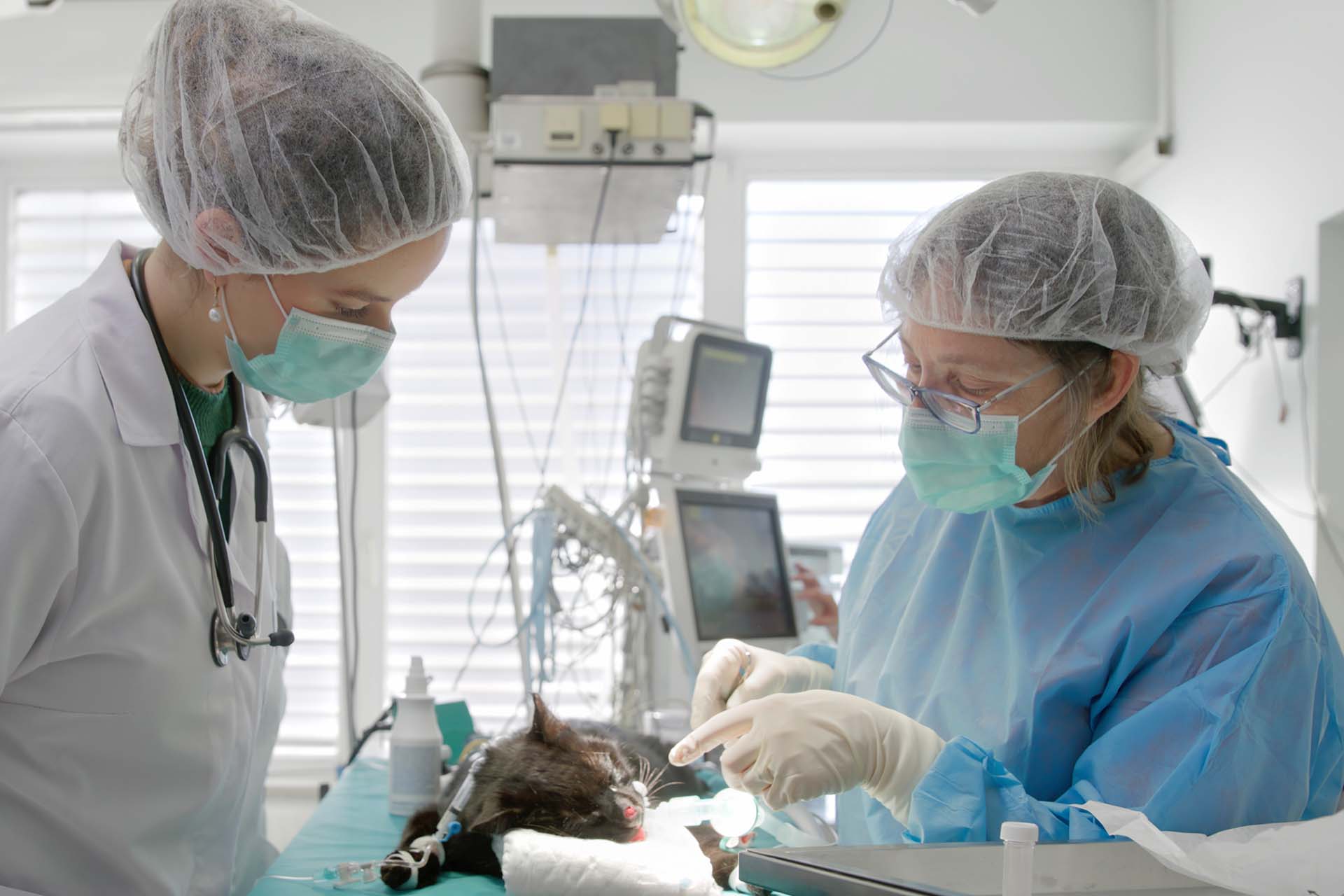Transitioning to Clinical Rotations

Congratulations! You are about to begin clinical rotations. It’s a wonderful opportunity to test your knowledge and, at the same time, advance your learning. Best of all, you get to care for patients and appreciate the human-animal bond among pets, their owners, and the veterinary healthcare team.
During clinical rotations, the hours are long, and you may find it tempting to put self-care lower on your priority list. Please don’t. This is when you need self-care the most. Patients depend on your competence, focus and passion, and, if you don't take care of yourself, you could compromise both your own health and wellbeing and that of your patient.
Here are some self-care pointers to get you started:
- Keep your self-care appointments. Take time to care for yourself, including going to your doctor, dentist, or therapist. You are allowed to do these things while on rotation. There are ways to work around appointments, rounds, and other responsibilities—just communicate with your clinicians.
- Get enough sleep. An average adult needs between 7.5 and 8 hours of sleep each night. According to the Mayo Clinic, lack of sleep “impairs concentration and the ability to perform complex tasks," along with other consequences. You don’t want to skimp on sleep.
- Eat real food. Get the majority of your nutrients from healthy food. Caffeine and sugar alone cannot sustain your concentration, memory, and focus. Prepare healthy meals ahead of time on an afternoon or evening you have free.
- Engage in something besides vet med. Find an activity unrelated to veterinary medicine. Widening your interests can help you broaden your life skills and will expose you to the world beyond veterinary medicine. This can help you better handle work-related stress, relate to a more diverse population of people (including your clients), and become more adept at asking for help in new situations.
- Take one moment at a time. Take one rotation at a time—and one day at a time if that’s easier to manage. Stay present, and don’t fixate on the future. Grounding techniques can help you manage overwhelming feelings or intense anxiety. Try the 5-4-3-2-1 technique: List five things you can see, four things you can hear, three things you can touch, two things you can smell, and one thing you can taste. Or try the Alphabet Game—pick a category and then identify one word for each letter of the alphabet; e.g., for the category of animal, you could list antelope, beaver, crocodile, etc.
Self-care is an individual journey, and it looks different for everyone. What works for your friend might not work for you. It’s even possible that what worked for you yesterday might be less effective today. That’s OK. Start by looking at the nine dimensions that make up wellbeing to develop a simple self-care plan that works for you. It will be worth the effort—for both you and your patients.